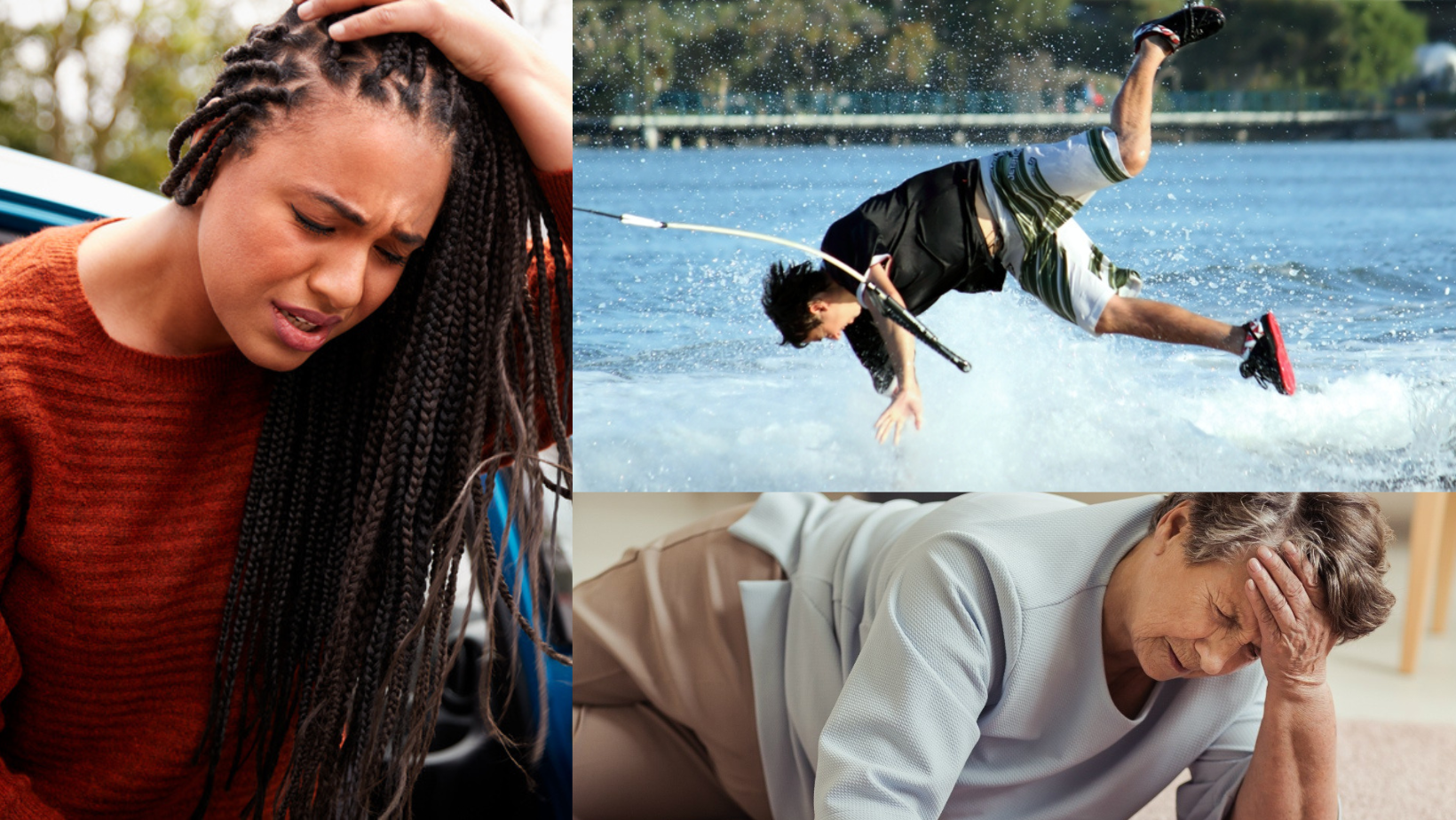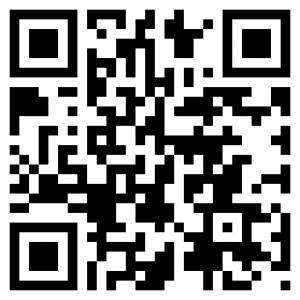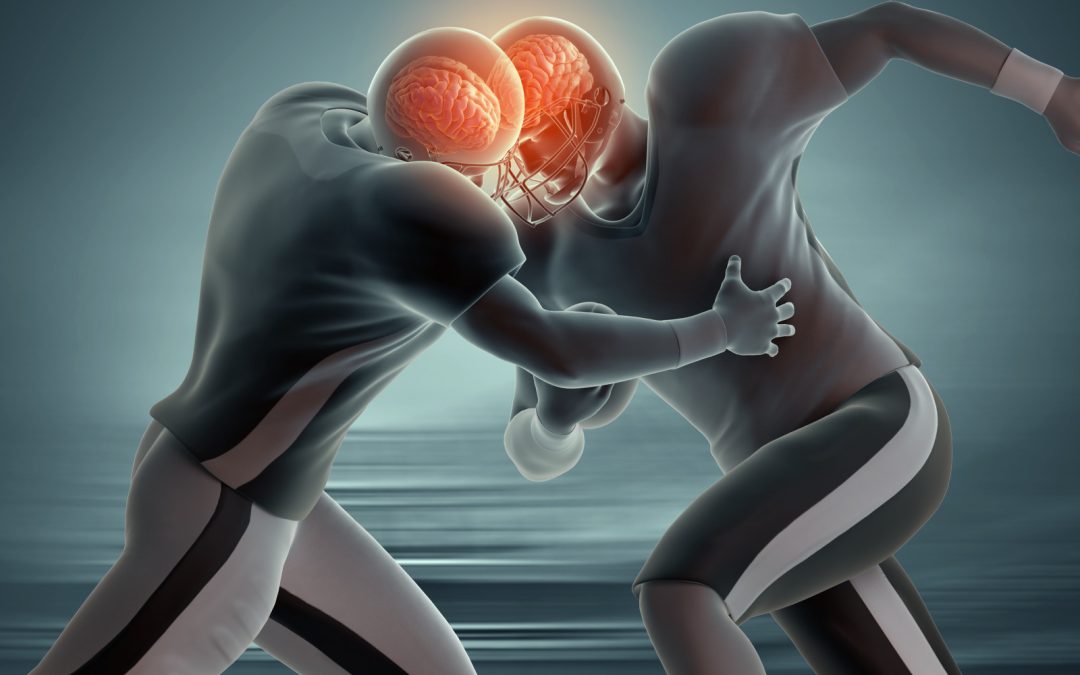Concussions – Educate Yourself!
It’s that time of the year again!
Athletes are starting up practice and school is right around the corner.
This is a great chance to review the topic of concussions. It’s important as athletes, coaches, and parents that we educate ourselves and can recognize the signs of symptoms for those folks on the field and off. Remember not only athletes can get a concussion. Consider those individuals who have been in motor vehicle accidents, who have slipped and fallen, or even those kids on the playground. Everyone is susceptible when there has been injury to the head and neck.
The Centers of Disease Control estimate that 3.8 million people experience concussions during sports or recreational activities alone in the United States. A concussion is not to be taken lightly. Mild traumatic brain injury, also known as a concussion, causes the brain to move quickly inside of the skull. Symptoms can be short or long term and can affect an individual’s physical, mental and emotional capacity.
While high-contact sports like football, rugby, soccer, and hockey have a higher rate of concussions, other sports such as wrestling, gymnastics, lacrosse, and even cheerleading also pose a risk for mild to severe brain injuries. Athletes who suffer a concussion during practice or competition must be removed at once from play.
There are symptoms that occur with concussions. An athlete or non-athlete can get two symptoms or a whole strand of side effects. Look at these immediate, short- and long-term symptoms:
Immediate:
- Disorientation or confusion.
- Vomiting. (Red Flag)
- Amnesia.
- Loss of consciousness. (You don’t have to lose consciousness to sustain a concussion. Less than 10% of people who suffer a concussion lose consciousness.)
Short Term:
Physical symptoms:
- Headache.
- Dizziness.
- Difficulty with balance and coordination.
- Nausea/vomiting.
- Fatigue.
- Difficulty sleeping.
- Increased sleepiness.
- Double or blurred vision.
- Sensitivity to light and sound.
- Slurred speech.
- Glassy-eyed stare.
- Seizures
Cognitive symptoms:
- Difficulty with short-term or long-term memory.
- Confusion.
- Slowed “processing” (eg, a decreased ability to think through problems).
- “Fogginess.”
- Difficulty concentrating.
- Worsening grades in school.
Emotional/Behavioral Symptoms:
- Irritability.
- Restlessness.
- Anxiety.
- Depression.
- Mood swings.
- Aggression.
- Decreased tolerance of stress.
- Change in personality or behavior.
Long Term Symptoms
- Loss of libido.
- Loss of menses/menstruation.
- Growth problems (children).
- Fatigue.
- Weight gain.
- Low blood pressure.
- Muscle weakness.
- Chronic headaches or dizziness.
- Muscle spasticity.
- Early dementia/chronic traumatic encephalopathy (brain disorder)
How can physical therapist help those affected by a concussion?
Most adults (75-85%) recover from their concussion within 10-14 days, and for children, the expected recovery period is four weeks. However, for patients who are still experiencing symptoms beyond that threshold need to seek care from a physical therapist and other medical experts such as a neurologist.
Recent research suggests that collaborating with physical therapists can be beneficial as early as a day after the injury.
“After as little as three days of bed rest, regularly exercising endurance athletes have been found to exhibit reductions in peak exercise performance and impaired neuroendocrine responses to graded exercise.” Ellis, 2018
Also series of research studies of “high school athletes, college athletes, and soldiers have found increased risk from 38% to as much as two times more likely to suffer a lower extremity injury (injury to legs, knees, ankles) after a concussion.” Ellis, 2018
Physical therapists can evaluate and treat problems related to concussion.
Treatment may include:
Rest. Your physical therapist will help you and your family understand why you should limit any kind of activity (daily tasks, work, school, sports, recreation, the use of electronics) after a concussion, until it is safe to return to these activities. Rest does not mean do nothing. Rest means taking part in light, non-aggravating activities tasks like cardiovascular training.
Strength and endurance. Due to being out of sport muscle weakness, response time, endurance can be affected. Your physical therapist can help you regain these skills to play safe and competitively.
Reducing dizziness and improving balance. If you have dizziness or difficulty with your balance following a concussion, a type of physical therapy called vestibular physical therapy may help. The vestibular system, which includes the inner ear and its connections with the brain. However, a physical therapist may also include proprioception and motor control planning to regain your skill level.
Decreasing headaches. Your physical therapist will assess the different potential causes of your headaches and use specific treatments and exercises to reduce and end them. Treatment may include stretches, strength and motion exercises, eye exercises, hands-on techniques like specialized massage, and electrical stimulation.
Please don’t just ignore the signs and symptoms of a concussion. Call a therapist at PRO Physical Therapy for an appointment today. At PRO Physical therapy we want athletes and non-athletes to be safe now and later.

Stay fit, motivated, and challenged!

Scan our QR Code with your phone to visit PRO Physical Therapy Website!
You can also click on our website link: https://prophysicaltherapyservices.com
270-252-7600
302 US HWY 68 West
Benton KY 42082
Schedule Your Consultation at PRO Physical Therapy
Are you ready to end your muscle or joint pain? PRO Physical Therapy can help you get started today. To find out more about direct access and our physical therapy services in Marshall County, Kentucky, call 270-252-7600 and schedule an initial evaluation and our experienced insurance can verify your insurance coverage.


Recent Comments